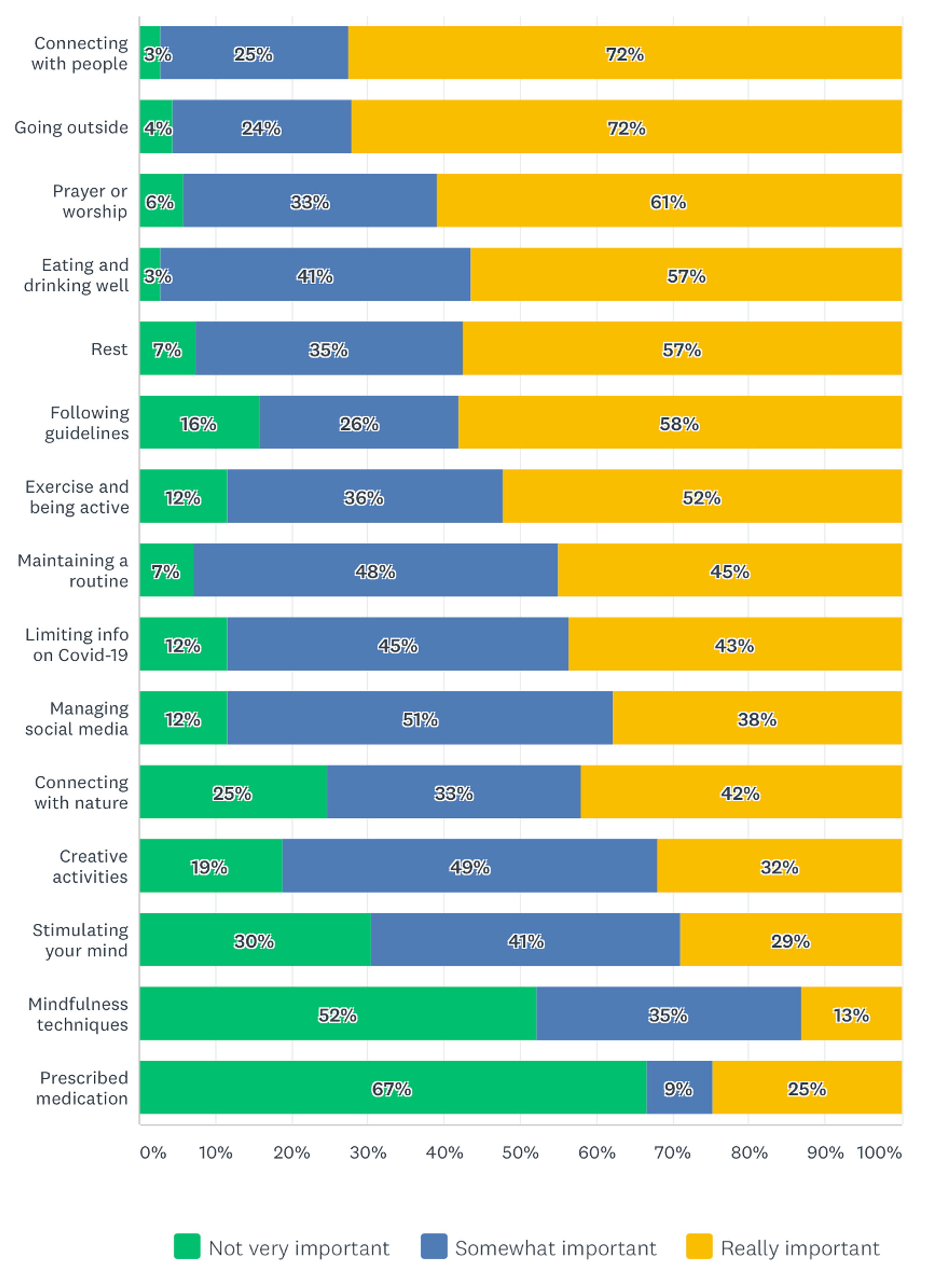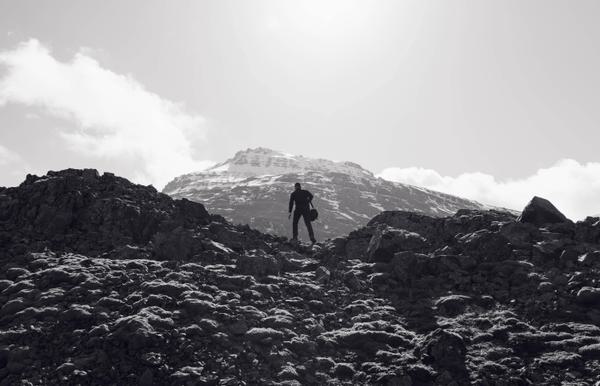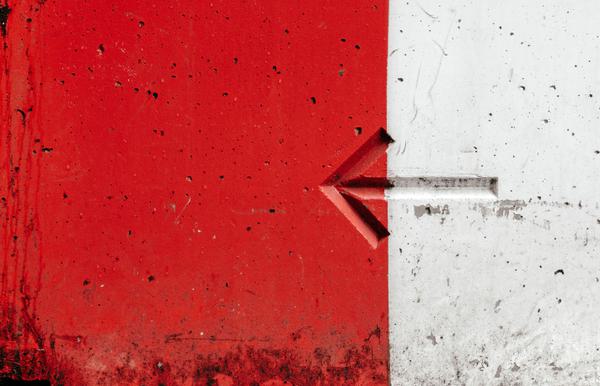Head of Research Lucie Shuker breaks down the results of our new weekly survey designed to hear how youth leaders are doing in the midst of COVID-19.
Last week we asked you some questions for the Friday 3x3– a way to take the temperature of the youth ministry community during the Coronavirus pandemic. Every Friday at 3pm we’ll ask three questions which will take you no more than three minutes to answer. Sixty-nine people responded this week. So, this doesn’t represent the wider community of Christian youth workers - it just gives us a sense of what’s going on.
1. EASTER: KEEP CALM AND CARRY ON?
This will be an Easter like no other. We asked you to complete the statement "Over Easter, I anticipate that I will mostly…" Half of you said you were going to carry on at your current pace, with 8.7% expecting to work harder. Only 40.6% expected to slow down or stop working. Of course, we don’t know what ‘current pace’ means, or whether Easter would normally be a time for rest for all Christian youth workers (I suspect not..). But it’s a reminder that this situation will affect us differently.

2. STAYING MENTALLY WELL: PEOPLE AND THE GREAT OUTDOORS
We asked, "How important have these been for looking after your own mental health this week?" and presented a list of activities, many recommended by the NHS and other mental health charities. The weighted average shows "Staying connected to people" was most important, closely followed by "Going outside". Prayer and worship feature highly, alongside diet and rest. With a minority anticipating slowing down over Easter, it will be important for us to consider what rest means over the following two weeks. Although most people won’t be taking prescribed medication for their mental health, this was very important for 25% of the group.
Top five ways youth workers looked after their mental health last week (weighted average of importance scores):
Staying connected to people - 2.70
Going outside - 2.68
Prayer, worship or meditation - 2.55
Eating and drinking well - 2.54
Rest - 2.50

3. DIGITAL BURNOUT: NOT MUCH "NOW", A LOT OF "NOT YET"
Digital burnout can mean feeling exhausted, distracted or disengaged when interacting online, or beginning to avoid online activity. We asked whether you had seen any evidence of young people you support experiencing digital burnout.
Fifty-five people answered this question, with 39 (71%) reporting that they had not seen evidence of young people experiencing digital burnout. Some added that they were intentionally keeping online activity simple or minimal, either in response to young people’s request for space or to avoid overload. One person had seen more young people join their Zoom session and advocated keeping things simple.
“I do think less is more, it can feel like content overload for sure (in all areas of life!). With the youth I'm focussing on making CONTACT, expressing CARE and providing CONNECTION opportunities to GOD and one another!”
Of the 39 who had not seen evidence of digital burnout, 18 added the caveat "Not yet" with some anticipating that they would see this in days to come. A few expressed that burnout was avoided where young people were doing offline activities (including supermarket jobs), didn’t have to do schoolwork online all day or were sleeping.
“Not yet, those that have engaged with us are still keen to switch on and be present with us. It would be interesting to measure this in the weeks to come.”
Finally, seven said that while they didn’t see digital burnout among young people, they were experiencing it themselves.
“Not seen evidence amongst the young people but have seen it amongst colleagues, and in myself!!”
Fourteen (25.4%) told us that they had seen evidence of young people experiencing digital burnout. Ten responded with a clear ‘yes’ to our question, and an additional four reported lower engagement with digital youth work this week compared to last week. A few of these 14 told us that young people want screen-free evenings when they’ve been doing schoolwork online in the day and that some have turned their phones off for a day.
One person said they weren’t sure, and one person said N/A (3.6%).
See you next Friday
Thanks to those who took part. Why not put Friday 3pm in your diary and head over to the Coronavirus liveblog blog each week to take part yourself.








